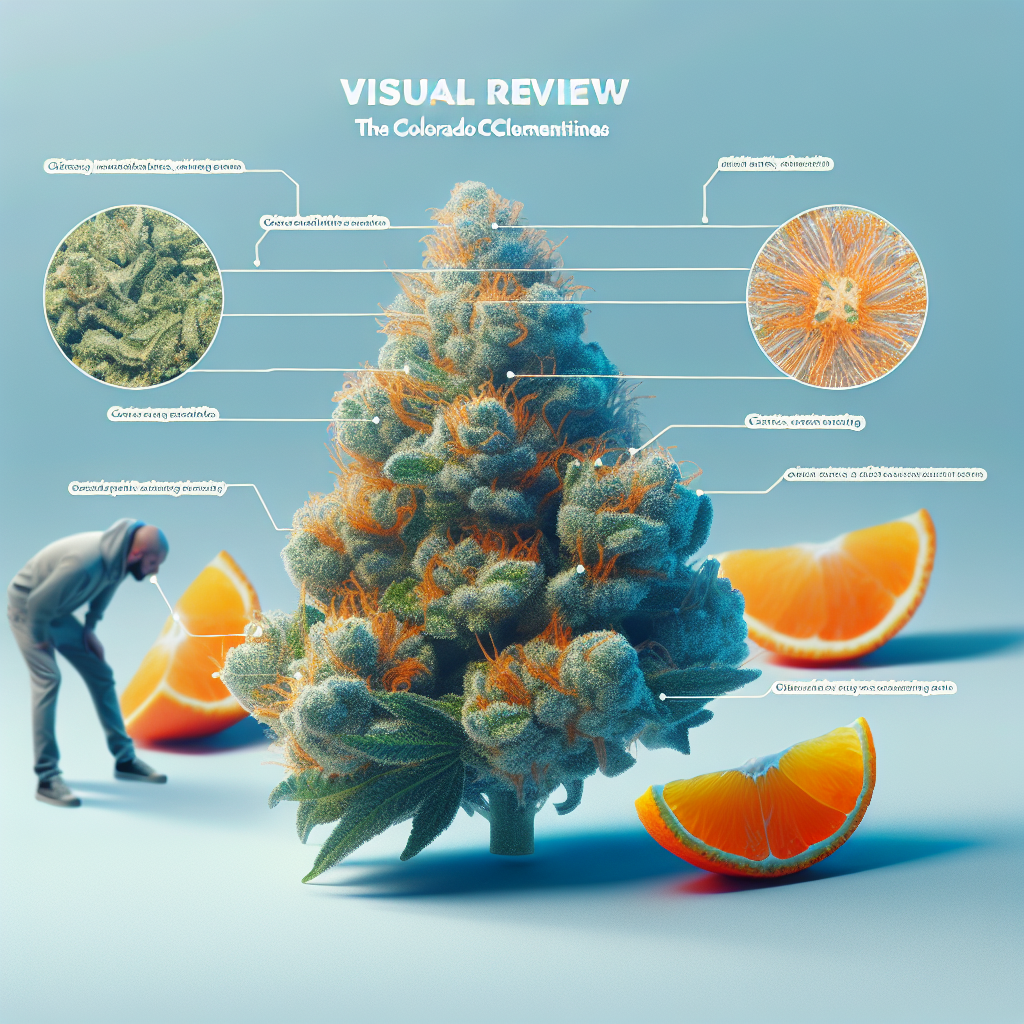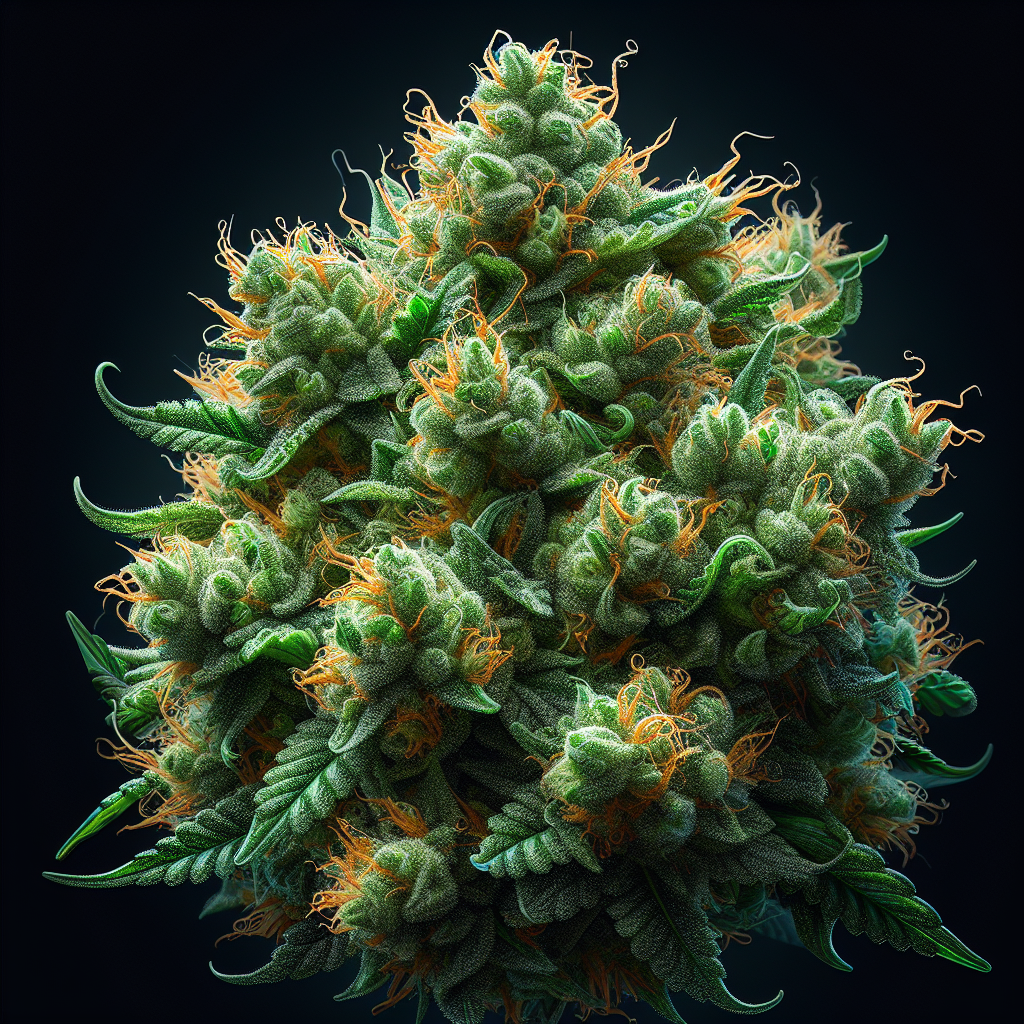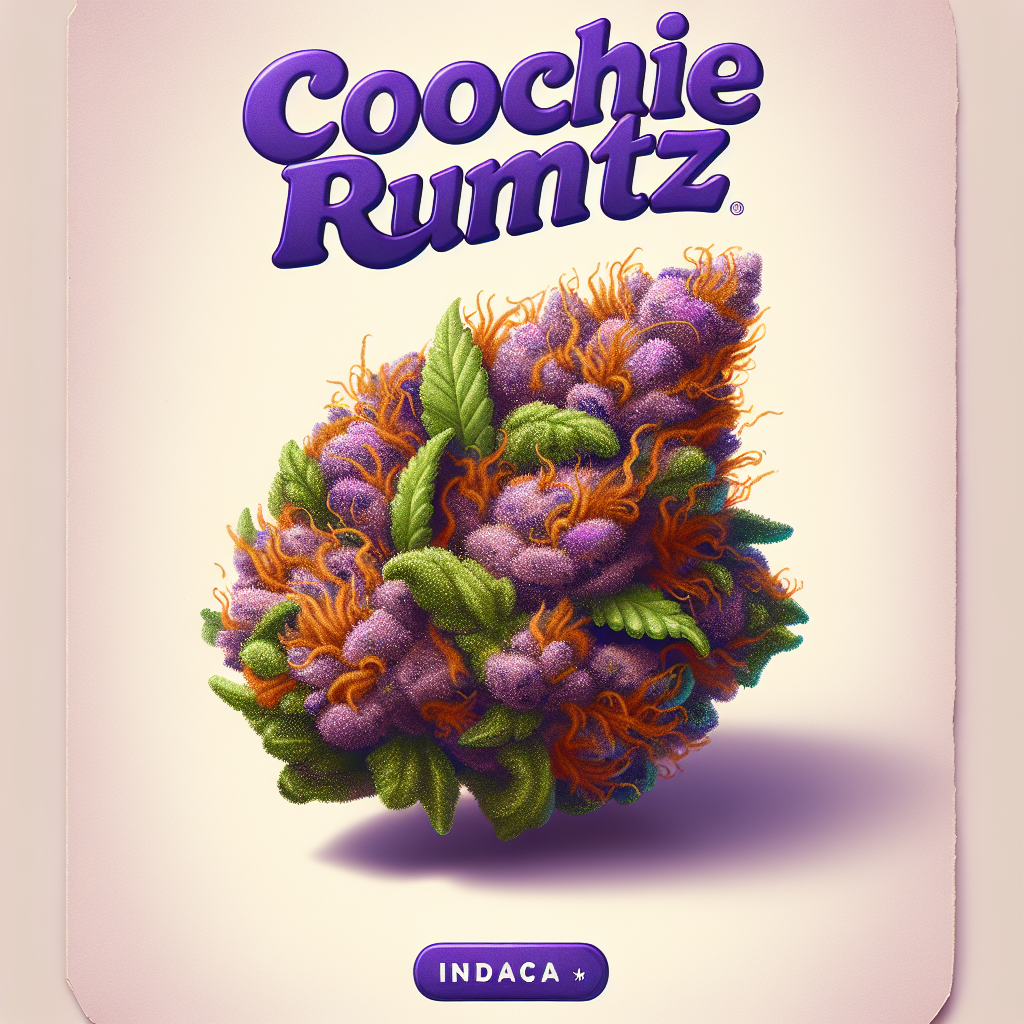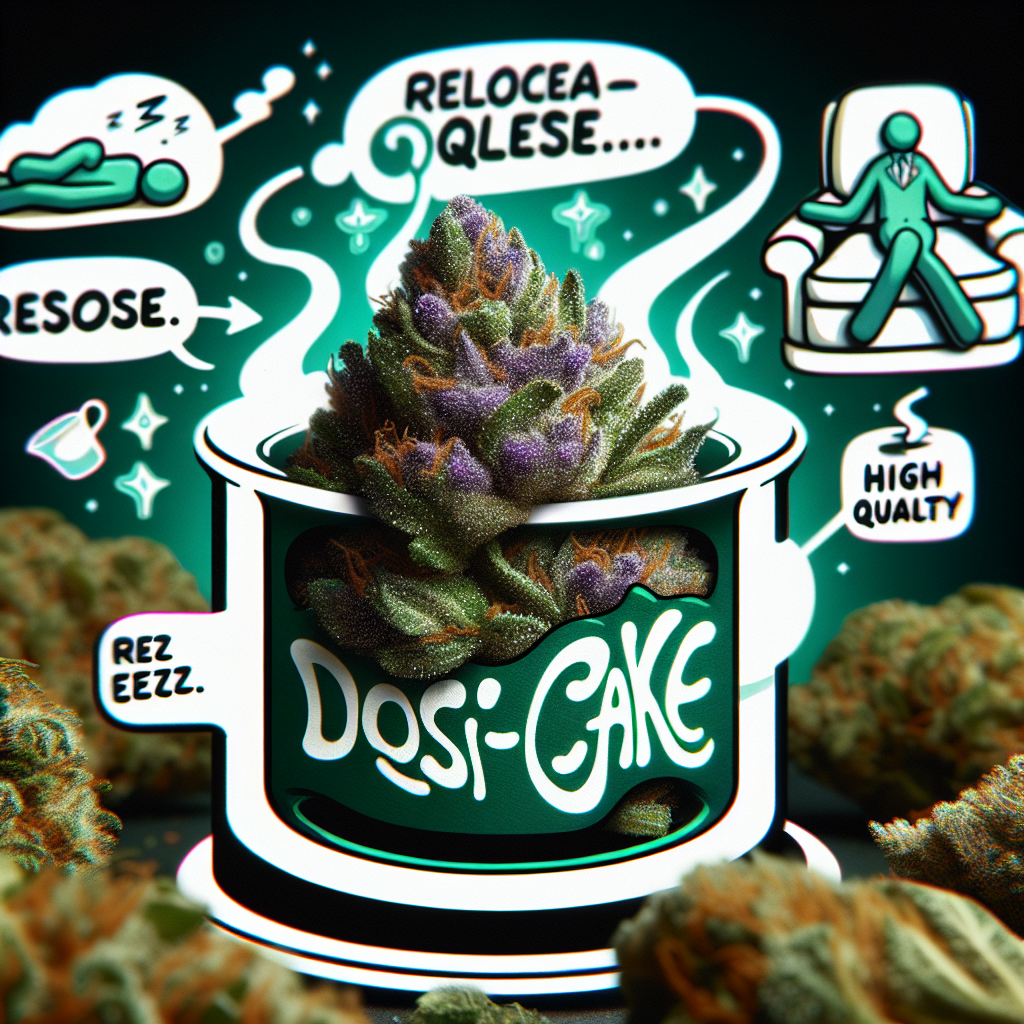Unpacking THC: A Comprehensive Exploration of Its Benefits and Effects
Cannabis has long been a subject of fascination, controversy, and research. With its increasing legalization and acceptance around the world, it’s essential to delve deeper into one of the most well-known compounds found in cannabis: Tetrahydrocannabinol (THC). This comprehensive exploration will unpack its benefits, effects, and how it interacts with the human body to provide both recreational and therapeutic advantages.
Understanding THC
Tetrahydrocannabinol, commonly known as THC, is one of over 100 cannabinoids identified in the cannabis plant. It is primarily responsible for the psychoactive effects, or the "high," that users experience. THC mimics the action of naturally occurring neurotransmitters in the body, known as endocannabinoids, by interacting with cannabinoid receptors throughout the brain and body.
What Are Cannabinoids?
Cannabinoids are chemical compounds that act on cannabinoid receptors, which are part of the endocannabinoid system (ECS). The ECS plays a crucial role in maintaining homeostasis in our bodies, regulating functions such as pain, mood, appetite, and memory. While THC is the most recognized cannabinoid, others, such as cannabidiol (CBD), also offer distinct effects and benefits.
The Positive Effects of THC
THC has a wide range of effects that can vary significantly depending on the dosage, method of consumption, and individual biochemistry. Below are some of the positive effects reported by users.
1. Euphoria and Enhanced Mood
One of the most sought-after effects of THC is its ability to elicit feelings of euphoria. This uplift in mood can be particularly beneficial for individuals suffering from mental health conditions like depression or anxiety. The psychoactive properties of THC can create a sense of well-being, helping users disconnect from daily stressors.
2. Pain Relief
THC has been widely studied for its analgesic properties. Users often report significant pain relief from various conditions, including chronic pain, arthritis, and migraines. By interacting with the brain’s pain receptors, THC can reduce pain perception and improve overall functioning.
3. Improved Sleep Quality
For many, THC can be a natural remedy for sleep disorders. Some studies indicate that it may decrease the time it takes to fall asleep and prolong the duration of sleep. Users have found that particular strains high in THC may help them achieve deeper, more restful sleep, alleviating issues related to insomnia and other sleep disturbances.
4. Increased Appetite
The infamous "munchies" associated with cannabis consumption stems from THC’s influence on appetite stimulation. This can be especially beneficial for individuals undergoing treatments that suppress appetite, such as chemotherapy. THC can help combat weight loss and malnutrition by encouraging the intake of food.
5. Anti-inflammatory Properties
Research indicates that THC has anti-inflammatory properties that may assist in managing various inflammatory conditions. It can be particularly effective for autoimmune diseases and conditions like Crohn’s disease. Its ability to modulate the immune system may help reduce inflammation and improve quality of life.
6. Neuroprotective Effects
Emerging research suggests that THC may offer neuroprotective benefits. Some studies indicate potential benefits in conditions like Alzheimer’s disease and multiple sclerosis. By influencing neuroinflammation and oxidative stress, THC may help protect and preserve cognitive function.
The Different Strains and Consumption Methods
In the world of cannabis, there are numerous strains and methods of consumption, each with its unique profile of THC and other cannabinoids. Understanding these variations is essential for users seeking specific effects.
1. Indica vs. Sativa vs. Hybrid
-
Indica Strains: Often associated with relaxation, Indica strains generally have higher levels of THC and lower levels of CBD. They are commonly chosen for evening use when users seek to unwind and destress.
-
Sativa Strains: Known for their uplifting effects, Sativa strains typically have a more balanced THC to CBD ratio. They are often favored for daytime use, helping users maintain creativity and focus.
- Hybrid Strains: A blend of both Indica and Sativa, hybrid strains can provide a spectrum of effects depending on their lineage. They can be tailored to meet specific user needs or preferences.
2. Methods of Consumption
-
Smoking/Vaping: Inhalation offers rapid onset of effects, making it a popular method for users seeking immediate relief. Vaporizing is often considered a healthier alternative to smoking.
-
Edibles: Consuming cannabis-infused food can lead to longer-lasting effects due to the way THC is metabolized in the liver. However, users should approach edibles with caution, as the onset and intensity can vary significantly.
-
Tinctures and Oils: These are versatile options that can be taken sublingually (under the tongue) or added to food and drinks. They provide a more controlled dosing method compared to edibles.
- Topicals: For localized relief, THC-infused creams and balms can be applied directly to the skin. While they do not produce psychoactive effects, they may offer anti-inflammatory benefits.
Combating THC Myths and Misconceptions
Despite the growing acceptance of cannabis, several myths about THC persist. Let’s debunk some common misconceptions.
1. THC is Harmful
While excessive use of THC may lead to temporary side effects, responsible use is generally considered safe for the majority of users. Moreover, many studies highlight its therapeutic potentials. It is crucial for users to educate themselves and consult with healthcare providers to determine what’s best for their needs.
2. THC is Addictive
According to research, the majority of cannabis users do not develop a dependence on THC. In fact, many individuals use cannabis as a means of coping with substance abuse by providing a safer alternative to more harmful substances.
3. THC Causes Memory Loss
While high doses of THC can impair short-term memory during intoxication, there is insufficient evidence to support long-term memory loss in responsible users. Many users report improved creativity and enhanced learning experiences when using cannabis.
The Legal Landscape of THC
The legalization of cannabis varies widely across the globe. Understanding the legal landscape pertaining to THC is vital for users. In regions where cannabis is legal, THC products are typically regulated for safety and potency, ensuring consumers have access to high-quality cannabis.
1. Medical Use
In numerous jurisdictions, THC is prescribed for various medical conditions. Patients should consult with licensed healthcare providers to obtain recommendations tailored to their specific health needs.
2. Recreational Use
Areas that have legalized cannabis for recreational use have fostered a burgeoning market. This not only provides responsible adults with access to THC but also generates tax revenue that can be directed towards public programs, healthcare, and education.
The Future of THC Research and Applications
The future looks promising for TRT and research into its benefits. As stigma continues to dissipate, more studies are likely to surface, highlighting its therapeutic potentials.
1. Advancements in Medical Research
As research progresses, we can anticipate more nuanced understandings of THC’s interactions with the body. This may open doors for new applications in treating complex conditions, mental health disorders, and chronic pain management.
2. Innovation in Consumption Methods
As technology encourages innovation, we may see novel consumption methods that enhance the user experience and therapeutic efficacy of THC. This could range from nanotechnology that increases bioavailability to new extraction methods that preserve cannabinoids and terpenes.
Conclusion
Tetrahydrocannabinol (THC) offers numerous benefits that are increasingly recognized in both recreational and therapeutic contexts. From pain relief and improved sleep quality to enhanced mood and reduced inflammation, the positive effects of THC are manifold. With more research, education, and advocacy, THC may continue to play a transformative role in the way we approach health and wellness.
FAQ Roundup
Q: What is THC?
A: THC (Tetrahydrocannabinol) is the primary psychoactive compound in cannabis, known for its ability to elicit a "high" and provide various therapeutic benefits.
Q: How does THC interact with the body?
A: THC interacts with the endocannabinoid system by binding to cannabinoid receptors in the brain and nervous system, influencing various physiological processes.
Q: Can THC help with anxiety and depression?
A: Many users find that THC can elevate mood and provide temporary relief from anxiety and depression symptoms; however, results can vary by individual.
Q: Is THC addictive?
A: Most studies indicate that THC does not produce physical dependency, especially when used responsibly.
Q: What are the best methods of consuming THC?
A: The choice of consumption method depends on individual preferences. Options include smoking, vaping, edibles, tinctures, and topicals.
Q: Will using THC affect my memory?
A: While high doses can impair short-term memory during intoxication, there is no substantial evidence linking THC to long-term memory loss in responsible users.
Q: Is it legal to use THC?
A: The legal status of THC varies by region. It’s important to be aware of local laws regarding cannabis use and possession.
Q: Can I use THC for medical purposes?
A: Yes, THC is often prescribed for various medical conditions. Consult a healthcare provider for personalized recommendations.
As we continue to explore and understand THC, its potential can significantly contribute to overall well-being and health, showcasing how this multifaceted compound can be a positive force in our lives.




